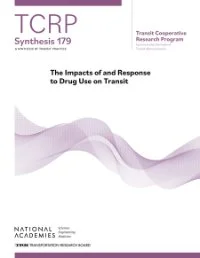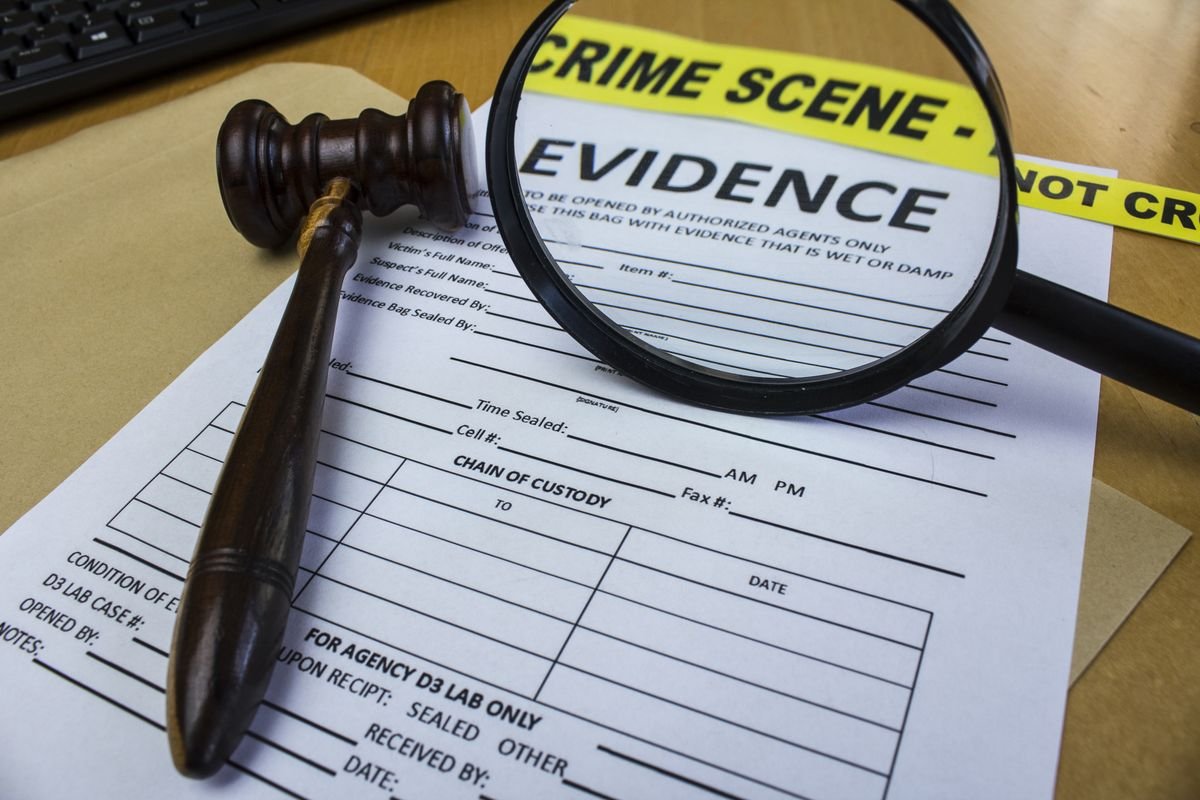By The Nacro Justice ExChange
Electronic monitoring plays an important role in the criminal justice system, acting as an alternative to prison. Current Government proposals mean that its use is set to increase significantly. In this context, it is important to understand what works and where improvements can be made to ensure that its use supports people’s rehabilitation, and ultimately safer communities. Through our survey and interviews, we heard from people who were positive about the impact of electronic monitoring, including how it had provided accountability and structure. We also heard from people for whom electronic monitoring had put in place barriers to rehabilitation, such as being unable to find and take up work and keep in contact with families, factors well evidenced to reduce the risk of reoffending. This briefing explores these issues in more detail along with problems with the fitting and functioning of tags, and specific challenges some groups face. We urge Government to address these barriers before expanding the use of electronic monitoring to ensure it has the best chance of success
The Better Futures Project Briefing 4
London: Nacro Justice Exchange 2025.






